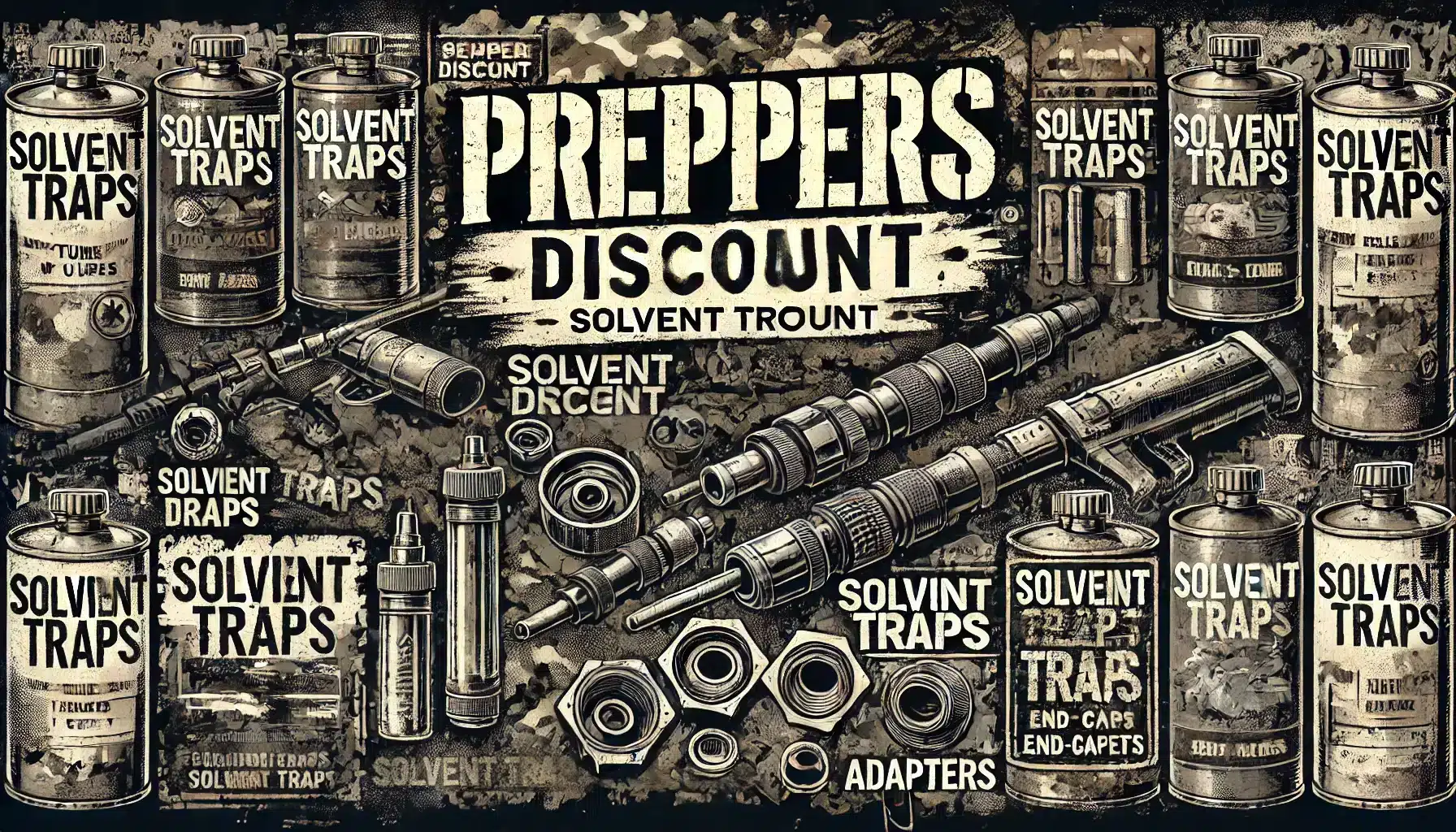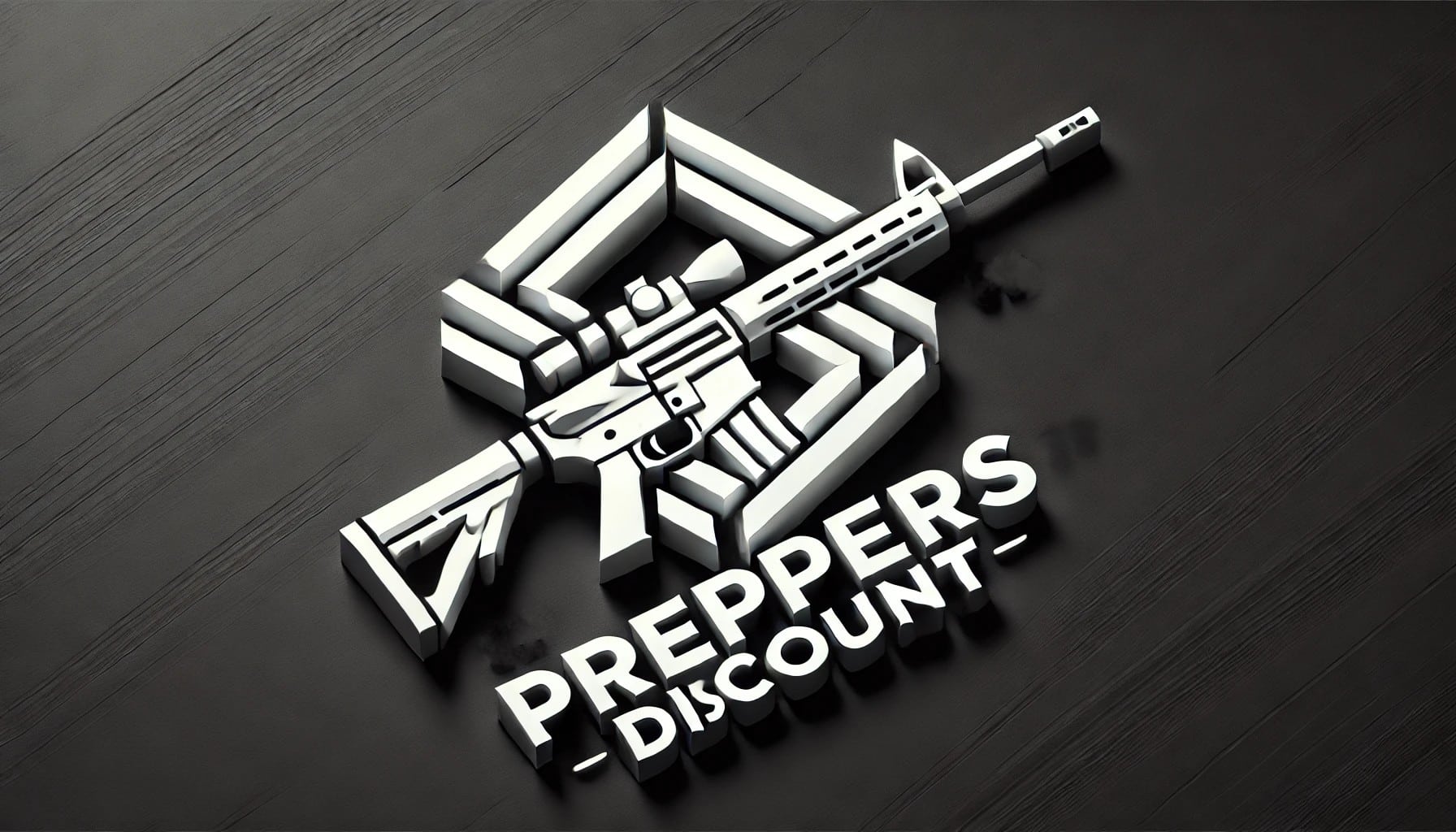The Ultimate Guide to Financial Preparedness: Securing Your Assets

Introduction to Financial Preparedness
In uncertain times, financial preparedness is just as critical as having food, water, and shelter. This guide will help you protect your financial assets, build resilience, and prepare for economic instability. Whether you’re facing a job loss, economic downturn, or even a societal collapse, having a solid financial plan can ensure your survival and help you bounce back stronger.
Building a Financial Safety Net
Creating a financial safety net is your first line of defense against economic crises. Here’s how to start:
Emergency Savings Fund
An emergency savings fund is essential for covering unexpected expenses like medical bills, car repairs, or sudden loss of income. Aim to save at least three to six months’ worth of living expenses in a liquid, easily accessible account.

Emergency Savings Guide
Learn how to build and maintain an emergency savings fund with this comprehensive guide.
Debt Management
Debt can be a major burden during an economic crisis. Prioritize paying down high-interest debt and avoid taking on new debt whenever possible. Consolidating debt or refinancing to lower interest rates can also help you manage your finances more effectively.

Debt Management Toolkit
Take control of your finances with this toolkit, designed to help you reduce debt and build financial security.
Diversifying Your Assets
Diversification is key to protecting your wealth during times of economic uncertainty. By spreading your investments across various asset classes, you reduce your risk and increase your chances of financial stability.
Precious Metals
Investing in precious metals like gold and silver is a time-tested way to protect your wealth from inflation and currency devaluation. These metals have intrinsic value and can be a safe haven during economic crises.

Precious Metals Investment Guide
Understand the benefits and risks of investing in precious metals with this detailed guide.
Real Estate
Real estate can provide a stable source of income and act as a hedge against inflation. Consider investing in rental properties, land, or even real estate investment trusts (REITs) to diversify your portfolio.

Real Estate Investment Guide
Learn how to invest in real estate and build a diversified portfolio with this comprehensive guide.
Protecting Physical Assets
In addition to financial assets, it’s important to protect your physical assets, such as your home, vehicles, and other valuable property. Here’s how to safeguard your possessions:
Home Security
Investing in a robust home security system is crucial for protecting your property and loved ones. Consider options like security cameras, alarm systems, and fortified entry points to deter intruders and protect your home.

Home Security System
Enhance your home’s security with this advanced system, designed to keep your property safe from intruders.
Vehicle Security
Ensuring that your vehicles are secure is equally important. Consider anti-theft devices, GPS trackers, and secure storage solutions to protect your vehicles from theft or damage.

Vehicle Security System
Keep your vehicle safe with this comprehensive security system, featuring anti-theft devices and tracking technology.
Making Smart Financial Decisions
In times of crisis, making smart financial decisions is essential to preserving your wealth and ensuring long-term stability. Here are some tips to help you navigate economic challenges:
Avoid Panic Selling
Market downturns can be frightening, but panic selling often leads to locking in losses. Instead, focus on the long-term and consider rebalancing your portfolio if needed. Keeping a cool head during market volatility is key to financial resilience.
Invest in Essential Goods
Investing in companies that produce essential goods and services can provide stability during economic downturns. Consider sectors like food production, utilities, and healthcare, which are likely to remain in demand regardless of economic conditions.
Stay Informed
Keep up-to-date with financial news and trends to make informed decisions. Understanding the broader economic environment can help you anticipate changes and adjust your strategy accordingly.
Jake’s Story: Chapter 11 – Fortunes and Foresight
Chapter 11: Fortunes and Foresight
The storm had passed, but the world outside had changed forever. Jake knew that while he had survived the initial chaos, the real challenge lay ahead: rebuilding his life in a world where financial stability was uncertain. He had always been careful with money, but now, every decision carried more weight.
Jake began by taking stock of his assets, both physical and financial. He sold off items he no longer needed, reinvested in essentials, and fortified his safe haven with the profits. It wasn’t just about surviving anymore—it was about ensuring that his hard-earned savings would last, no matter what the future held.
Chapter 12: The New Economy
As weeks turned into months, the economic landscape continued to shift. Barter became more common, and Jake realized the value of tangible goods and skills over traditional currency. He started trading surplus supplies and offering his expertise in return for things he couldn’t produce on his own.
With each trade, Jake gained more than just goods—he built relationships and networks that would prove invaluable. In this new economy, foresight and adaptability were just as important as resources. Jake knew that while the world had changed, those who were prepared would not just survive—they would thrive.
